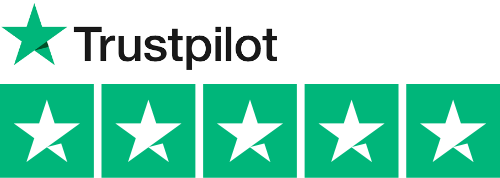Debt can be a great burden, especially when living expenses are rising due to inflation. A steady rise in the average price of goods and services over an extended period of time is referred to as inflation. This phenomenon can reduce the purchasing power of money and make it more challenging to pay off debts. However, there are steps you can do to manage your debt during inflation and reclaim control over your money.

Here are five strategies for managing debt during inflation:
- Making a budget: Making a budget is the first step in controlling debt during an inflationary period. Your budget can show you where you can cut back on spending so you have more money for debt repayment. List all of your monthly income and outgoing costs, including loan repayments, and determine where you can cut back on spending. The goal is to make a commitment to follow your budget and refrain from taking on any additional debt.
- List of your debts: Make a list of all your debts and rank them according to interest rates and monthly payments in order of priority. To save money on interest over time, put your attention toward paying off high-interest debts first, such as credit card debt. To save money on interest, you might also want to think about switching your high-interest debt to a low-interest loan or credit card.
- Increase your income: Increasing your income is another practical strategy for managing debt during inflation. Think about switching to a career that pays more, starting a side business, or selling things you no longer need. You can make greater loan payments and pay off your debt more quickly with the additional income.
- Refinance your debt: If you have several high-interest loans, you might want to think about refinancing them. Getting a new loan to pay off an old loan is the process of refinancing. This can lower your interest costs and make it simpler to manage your debt repayment. Just make sure to check interest rates and costs before refinancing, and only do so if it makes sense from a financial standpoint.
- Take debt consolidation into account: If you are juggling several high-interest bills, take debt consolidation into account. The process of consolidating debts involves grouping several loans with high interest rates into one with a reduced interest rate. This can streamline your debt payback process and help you gradually reduce your interest costs. Just make sure to select a reliable debt consolidation firm and comprehend the loan’s terms and conditions before signing up.
Along with using these five strategies, it’s crucial to persevere with your debt repayment plan while remaining patient. It could take time to see results because paying off debt is a marathon, not a sprint. But you can take charge of your money and gradually lessen your debt load if you use the appropriate tactics and make a commitment to paying off your debts.
Consider getting assistance from a financial advisor or credit counselor if you are having financial difficulties and need more support. They can offer support and advice while you seek to become debt-free as well as assistance in developing a strategy for repaying your debt. Additionally, they may aid in your decision-making regarding your debt repayment plan by assisting you in comprehending your financial possibilities.
In conclusion, controlling your finances and achieving financial stability can be difficult while managing debt during inflation. However, with the appropriate tactics and a dedication to paying off debt, you can do it. Do not forget to priorize paying off your debts, raise your income, refinance your loans, think about debt consolidation, and get assistance if necessary. You can achieve financial freedom and debt liberation with time and effort.




